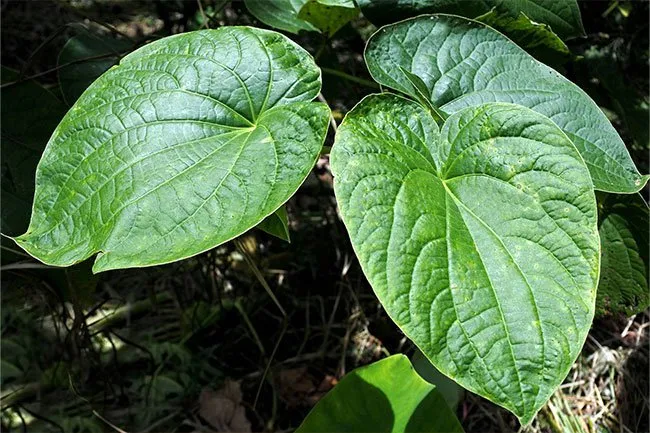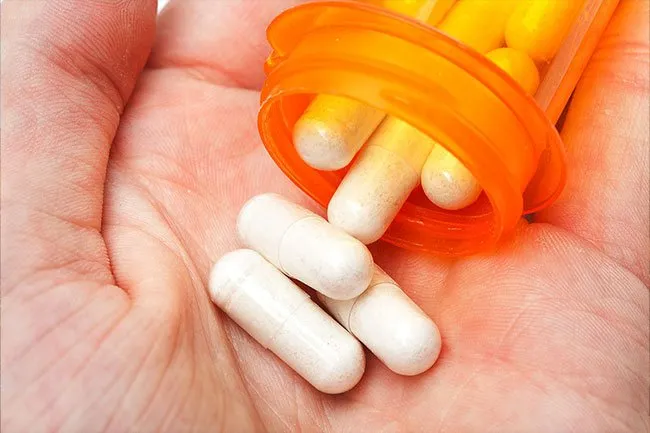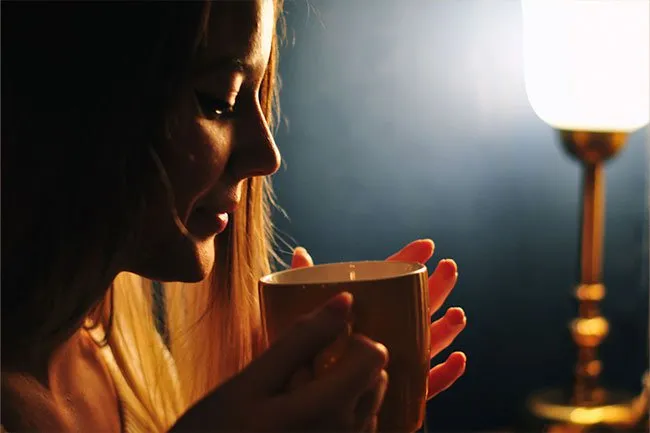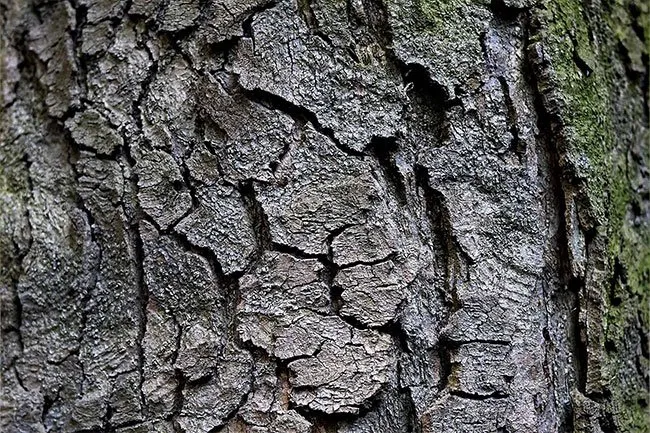Alternatives to Medication

If you're among the nearly half of Americans who sometimes have trouble with sleep, you may be interested in how to slide into slumber without prescription drugs. Herbal teas, tinctures, and other supplements may help. But talk to your doctor first. Even natural sleep aids can cause side effects or interfere with how your medicines work. And the FDA doesn't check supplements for safety or quality. So know exactly what you're taking.
Melatonin

This hormone tells your body when to sleep and wake. Some research suggests that melatonin supplements can ease sleep issues like jet lag and trouble falling or staying asleep. For the most part, melatonin is safe for healthy adults if taken for only a few weeks or months. Side effects include headache, dizziness, and nausea. Try taking 1-3 milligrams 2 hours before bed.
Lavender

Try sniffing this purple flower before your bedtime. Its scent slows your heart rate and lowers your blood pressure and skin temperature. This can set the stage for slumber. A study found that people who snoozed in a lavender-infused room had more restful deep sleep than those who didn't. Want to try it? Run an essential oil diffuser in your bedroom, or add a few drops to your pillowcase.
GABA

It short for gamma-aminobutyric acid. It's a chemical in the brain that boosts relaxation and sleep. Some sleeping pills work by helping GABA work better. But there's no proof that taking GABA itself as a supplement works. Scientists aren't sure that GABA can even pass from your bloodstream into your brain.
Valerian

This perennial plant has been used as a sleep aid for hundreds of years. Studies suggest that valerian helps you get more sound ZZZs. But the evidence is mixed. It may raise the levels of GABA, which boosts relaxation. Valerian is thought to be safe in the short term, but it sometimes may give you headaches and stomachaches. Take 300-600 milligrams up to 2 hours before bed. Or brew 2-3 grams of the dried root in a cup of water.
CBD Oil

Cannabidiol, or CBD, is a compound in marijuana and hemp plants. It doesn't get you high, but it can help you nod off. CBD oil may work by taking the edge off. One study found that people who took it felt less anxious and slept better within a month. CBD may make some people tired or want to throw up. Experts are still looking at how much is needed, but research suggests a dose of 25-175 milligrams a day.
Kava

This South Pacific native plant is taken for anxiety. Research suggests kava is also useful for sleep. It may ease insomnia caused by stress. But kava supplements have been linked to a risk of serious liver damage. Talk to your doctor if you're thinking about taking kava. It's thought that supplements made from only the root, not the stem or leaves, may be safer.
California Poppy

It's related to the opium poppy but is a different flower species. California poppy has been used in traditional medicine as a sedative. Scientists have found that it helps raise the levels of GABA, the relaxation-boosting chemical. But there's little research on whether California poppy extracts work. It's likely safe to use for short periods. Possible side effects include stomach problems.
Glycine

This tiny amino acid can have a big impact on your sleep. It may raise the amount of serotonin, a brain chemical that affects slumber. It also helps your blood flow and drops your body temperature, both of which encourage you to nod off. Glycine supplements are viewed as safe. Try taking 3 grams about an hour before bedtime.
Chamomile

Many people enjoy it as a soothing herbal tea, and for good reason. This daisy-like plant has a calming effect thanks to an antioxidant called apigenin. It works on certain brain cell receptors that help you relax and fall asleep. Chamomile is safe, but it can interact with certain medicines. Sip a mug of tea before bed. Or take 200-270 milligrams of extract, twice a day.
5-HTP

It's short for 5-hydroxytryptophan, a compound that your body makes from foods. Your body uses 5-HTP to make melatonin, an important hormone for sleep. Some studies suggest, but don't prove, that 5-HTP supplements made from plant seeds may help you log more sleep. Experts recommend 100-300 milligrams of 5-HTP before bedtime. Side effects include nausea and headaches.
Passionflower

It's a type of climbing vine. Native Americans have long used passionflower for its calming properties. The plant contains GABA, the brain chemical that affects your mood and sleep. One study found that people reported getting a better night's rest when they sipped a mug of passionflower tea beforehand. Experts say that passionflower seems safe to take in the short term.
Magnesium

Low levels of this mineral may make it harder for you to fall or stay asleep. Studies show that magnesium supplements may improve slumber in older people and those with restless legs syndrome. Get enough with foods like nuts and leafy greens. Women need 310-320 milligrams per day, while men need 400-420 milligrams. Ask your doctor if you should take a supplement: Too much magnesium can lead to cramps and nausea.
Tart Cherry Juice

Tart cherries are a natural source of melatonin, a key sleep hormone. Early research shows that drinking tart cherry juice raises the amount of melatonin in your body. It also helped people sleep more soundly and for longer. The more common Bing and other sweet cherries don't have the same effect, so look for the tart variety. Sip a cup about an hour of two before bedtime.
Magnolia Bark

Chinese medicine uses this to treat anxiety and depression. Experts are studying whether magnolia bark might work on sleep, too. It has a compound called honokiol, which may improve your slumber. Magnolia bark also may keep your body from releasing the stress hormone adrenaline. It appears safe for short-term use, but it sometimes can give you heartburn.
Sleep Disorders: Natural Sleep Aids & Supplements
This tool does not provide medical advice. See additional information: 
© 1996-2024 WebMD, LLC. All rights reserved.
